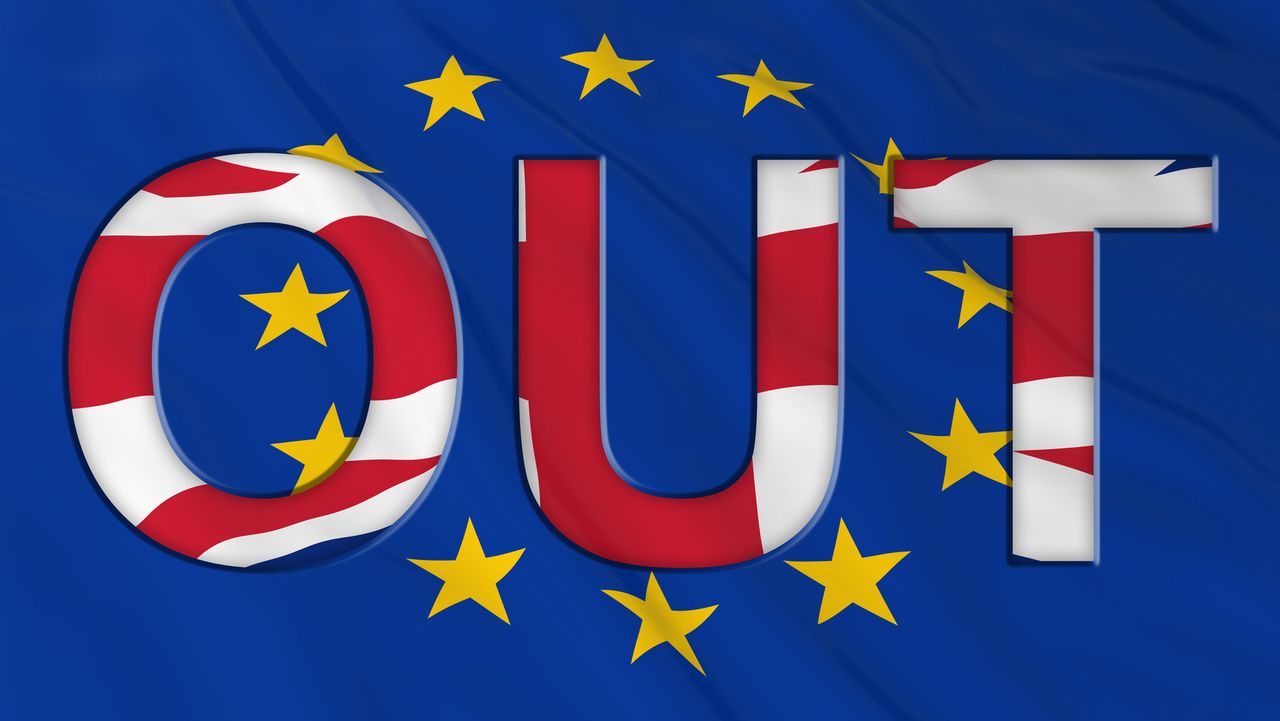Project
Impact assessment of a Brexit

Impact assessment of a Brexit
The withdrawal of the United Kingdom from the European Union has far-reaching consequences. In particular, trade relations with European countries need to be realigned. To analyse the potential impact of a Brexit on the German agricultural sector is at the heart of this project.
Background and Objective
With the re-election of David Cameron as prime minister in 2015 it became clear that he will hold a referendum that questions the current status of the UK as an EU member. In March 2017, Prime Minister Theresa May, who followed Cameron, formally initiated Brexit on 1 April 2019 by invoking Article 50 of the EU Treaty. Since many agricultural products are traded between Germany and the United Kingdom, the German agricultural sector will also be affected by a Brexit. Comprehensive impact assessments of likely Brexit scenarios form the core of this project. Specifically, the following goals can be identified:
- Assessment of the impact of Brexit scenarios on international agricultural trade
- Identification of possible effects for the German agricultural sector
- Analysis of the effects for third countries (especially developing countries).
Approach
Within the scope of the project, various exit scenarios are prepared and analysed. Therefore, the consequences of additional trading costs (tariffs and non-tariff measures) associated with a Brexit are investigated. The model is implemented by employing the MAGNET model which is a computable general equilibrium (CGE) model. Due to its extensive regional and sectoral coverage, the model is particularly suitable for trade policy scenarios.
Preliminary Results
On March 13, 2019, the United Kingdom announced an extensive list of tariffs and quotas that will be applied to British imports in case of an EU withdrawal without an agreement ("hard" Brexit). The Thünen Institute has carried out a comprehensive analysis of the possible consequences of these trade measures on German agriculture. A short report of the study can be found under the following link: https://www.thuenen.de/media/institute/ma/Downloads/Brexit_Kurzbericht_fin.pdf
Links and Downloads
Thünen-Contact

Involved Thünen-Partners
Duration
5.2016 - 5.2025
Publications
- 0
Freund F, Springmann M (2021) Policy analysis indicates health-sensitive trade and subsidy reforms are needed in the UK to avoid adverse dietary health impacts post-Brexit. Nature Food 2:502-508, DOI:10.1038/s43016-021-00306-9
- 1
Banse M, Freund F (2018) Mögliche Auswirkungen eines harten oder weichen Brexit auf die deutsche Landwirtschaft - Update. Braunschweig: Johann Heinrich von Thünen-Institut, 22 p, Thünen Working Paper 95, DOI:10.3220/WP1524059623000
- 2
Banse M, Freund F (2017) Mögliche Auswirkungen eines Brexit auf den deutschen Agrarhandel. Braunschweig: Johann Heinrich von Thünen-Institut, 23 p, Thünen Working Paper 70, DOI:10.3220/WP1490874455000

![[Translate to English:] [Translate to English:]](/media/_processed_/3/e/csm_AdobeStock_249730128_92f14d3a63.jpeg)
![[Translate to English:] [Translate to English:]](/media/_processed_/3/e/csm_AdobeStock_249730128_a6fcf4c893.jpeg)
![[Translate to English:] Logo des Bundesministerium für Ernährung und Landwirtschaft](/media/allgemein/logos/BMEL_Logo.svg)